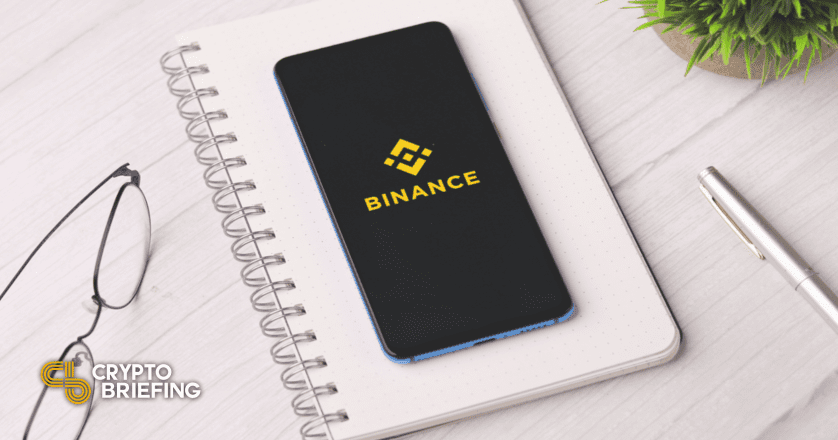Binance Stock Trading Draws Attention of Regulators
The FCA and other regulators are worried about the legality of Binance's new stock trading feature.

Key Takeaways
- Regulators are examining Binance's stock trading features.
- The FCA and others are concerned about whether Binance's tokenized stocks represent securities.
- Binance maintains that Coinbase and Tesla stock tokens are traded with regulated entities, so there is nothing to worry about.
Share this article
The U.K. Financial Conduct Authority (FCA) and other European regulators are concerned about whether Binance’s new stock trading feature complies with security laws.
Binance Under Scrutiny for Listing Stock Tokens
Leading crypto exchange Binance launched stock trading on Apr. 12. While cryptocurrency enthusiasts celebrated the launch of the new trading feature, regulators were not as content.
A recent report from the Financial Times reveals that the U.K.’s Financial Conduct Authority is working with the trading platform to determine whether its stock tokens comply with security rules.
The financial watchdog is reportedly examining the “governing transparency and corporate disclosures” that may apply to these stock tokens and the methods by which they can be marketed.
It also emphasized that only Binance is responsible for verifying whether these financial products represent securities.
The FCA told the Financial Times that it is “working with [Binance] to understand the product, the regulations that may apply to it and how it is marketed.” It also stated that “firms and senior management teams are responsible for determining whether their products and services fall within the remit of the FCA.”
Digital Asset AG Says It Is Compliant
Binance maintains that stock token trading was made possible thanks to a partnership with CM-Equity AG and Digital Assets AG. Both groups are regulated entities that trade items that that do not require a prospectus—something that would be required if the tokens were considered securities under EU law.
Along the same lines, Brandon Williams, Digital Asset AG’s corporate development lead, told Crypto Briefing that it always begins its efforts by interacting with regulators.
“As expected, various regulators’ interests will be piqued, as with any monumental or ‘new’ activity.” Williams explained. “The incumbent institutions of traditional finance will always prefer the status quo, but we choose innovation and efficiency.”
Williams added that stock tokens do not give the same voting rights that equity shareholders get, which means that these financial products can be compared to synthetic stocks.
“We believed our method of tokenization would have more staying power and more easily find acceptance within the various crypto communities as well as TradFi. At the end of the day, synthetics are just another derivative product,” Williams concluded.
Disclosure: At the time of writing, this author owned Bitcoin and Ethereum.
Share this article
